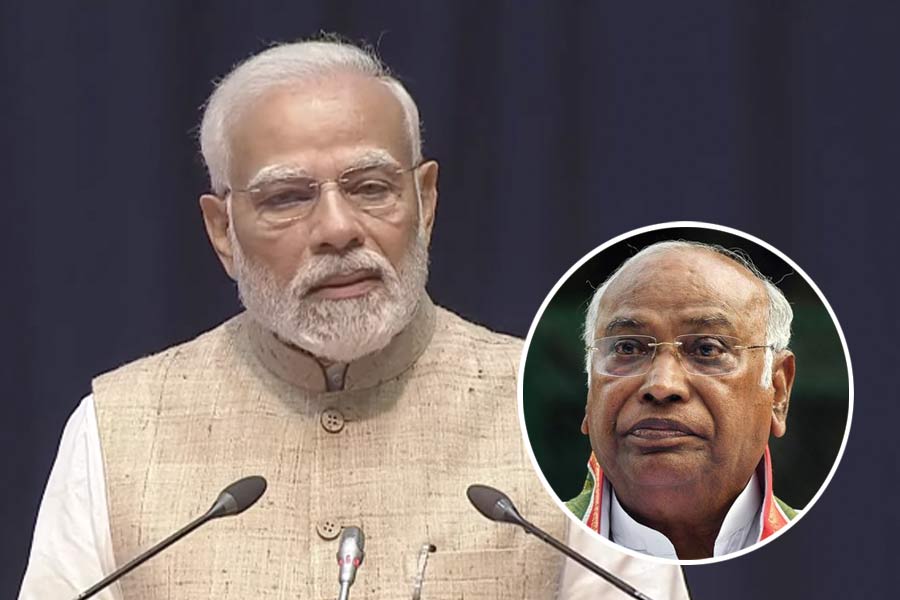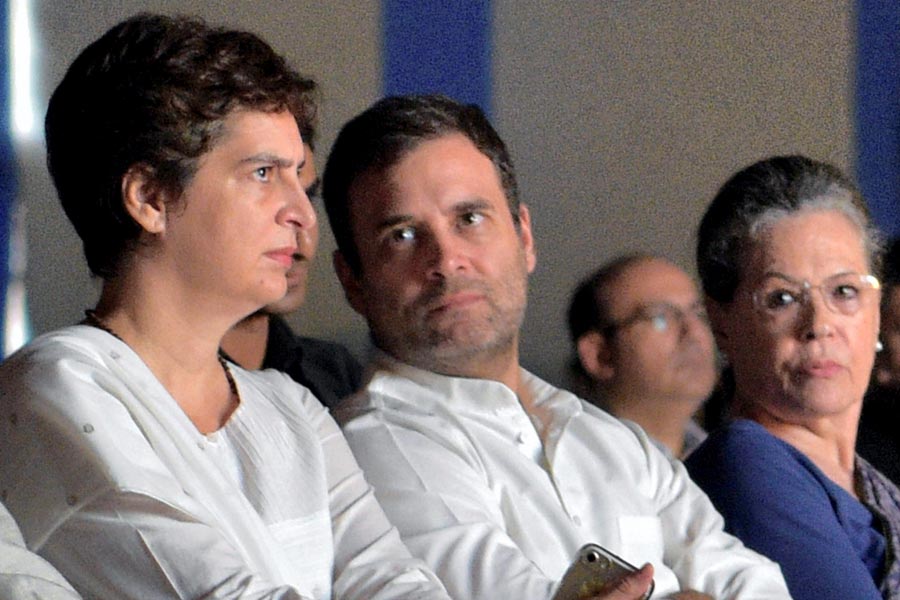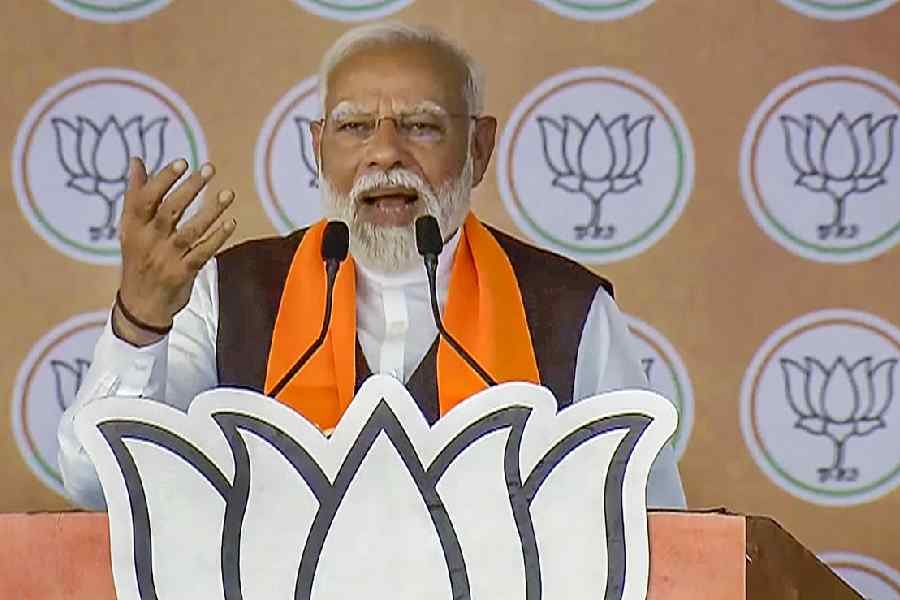A paradox plagues cancer-prevention campaigns. Effective preventive measures rarely produce visible physical evidence unless seen through an epidemiological lens. Consequently, campaign messages often get blurred and lose power.
Unproven therapies with vitamins and food supplements are favoured, while hard data associated with obesity and lack of physical exercise are ignored. People who carefully avoid even unprocessed red meat at home continue to consume tobacco, even though evidence linking it with cancer is much stronger.
In India, where smokeless tobacco consumption is not socially disapproved, anti-tobacco campaigns have been less impactful, as was confirmed by the Global Adult Tobacco Survey-II. In spite of a general declining trend, one in every five adult Indians used smokeless tobacco in 2016.
Nearly 40% of all cancers in India are preventable if tobacco usage is reduced. But lifestyle and environmental changes have been difficult to execute at the popular level for several practical reasons. In this regard, free vaccination of all girls over nine years of age against cervical cancer is a welcome inclusion in the Universal Immunisation Programme. This will strengthen cancer awareness campaigns by keeping the discussion about the disease alive amongst the public, even though specific benefits will only show decades later.
This is why it is important to strengthen the other pillar of cancer control: early detection through periodic screenings of high-risk groups. This is always a formidable challenge in a resource-poor country like India. Already, India has had to scale down screening guidelines, both in terms of the technique and the frequency of interception, to ensure improved compliance and reduce expenditure.
Oncologists are now seeing a rise in the incidence of difficult-to-treat and non-preventable cancers like that of the kidney and pancreas among the young globally. Lack of awareness, the changing contours of the disease itself and the growing incidence of cancer owing to longer lifespans together present a scenario that demands comprehensive early-detection facilities ably supported by an effective referral and treatment infrastructure. Detection is only the beginning of the story. New innovations are continuously raising the standards of cancer care as well as increasing the disparities between different socio-economic groups.
But the possible introduction of the Multi-Cancer Early Detection test to screen high-risk groups for multiple kinds of cancers with a single blood test at affordable costs is an innovation that can be a game-changer. All cancers start with the mutation of genes carried in the DNA of animal cells, and all dying cells — both normal and cancerous — shed fragments of DNA or proteins during circulation, sending specific signals. MCED tests can measure those signals and indicate the growth of a cancerous tumour and even its organ of origin much before symptoms arise. This can be as epoch-changing in oncology as were culture and sensitivity tests in microbiology. It might eventually merge two aspects of treatment, a specific diagnosis and a targeted therapy.
But herein lies the rub. These tests will come with all the thorny issues of cancer screening — the nature and timing of confirmatory tests, ideal therapy for detected cases, false positives, over diagnoses and needless treatments, among other things. An affordable initial cost and the ease of doing the test will surely find many takers, but the tests might set in motion a costly referral procedure with cascading effects that people will find hard to afford. Unless tightly controlled, MCED tests will accentuate the disparities in cancer care. This is a global concern at present, as is echoed by the theme of World Cancer Day for 2022-24 — “Close the Care Gap”.










